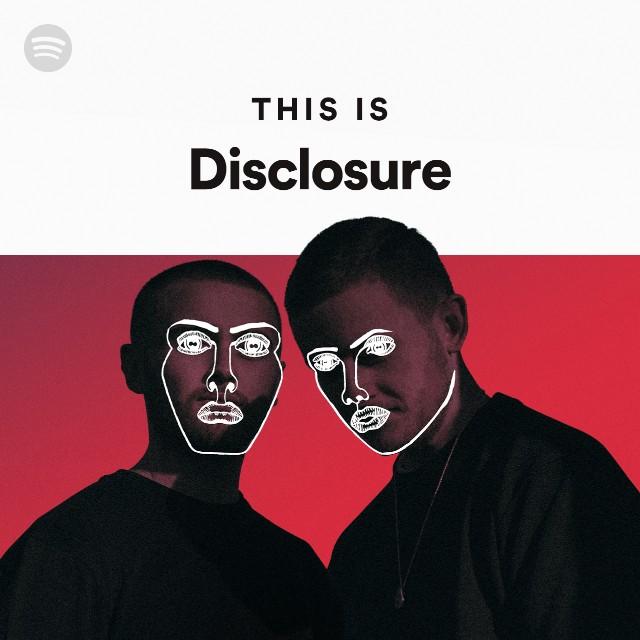In the vast ocean of digital content, where creativity flows and trends emerge at lightning speed, influencer marketing has carved a significant niche, particularly on platforms like YouTube. As content creators rise to stardom with millions of followers, an intricate web of legal considerations comes into play, transforming the way brands and influencers navigate their partnerships. This article delves into the nuanced interplay between influencer marketing and legal regulations on YouTube, exploring how the principles of openness, copyright, and FTC guidelines shape the landscape. Join us as we chart these legal waters,uncovering the challenges and opportunities that influence the future of marketing in the age of digital influencers.

Understanding the Regulatory Landscape of Influencer Marketing on YouTube
In recent years, the rise of influencer marketing on platforms like youtube has led to an evolving regulatory landscape that brands and content creators must navigate carefully. Transparency and honesty are paramount, as the Federal Trade Commission (FTC) enforces guidelines aimed at protecting consumers from deceptive advertising practices. Influencers are required to disclose their relationships with brands to their audiences, ensuring that viewers are aware of any compensation or sponsorship involved in promoting products or services.This disclosure can take various forms, including:
- Clear hashtags such as #ad or #sponsored
- Verbal disclosures at the beginning of videos
- Overlay text on video content
As more brands collaborate with influencers, compliance with regulatory standards will be crucial to maintaining consumer trust.In addition, it is vital for influencers to stay informed about changes in legislation that may affect their content. Below is a concise overview of some key regulations affecting influencer marketing:
| Regulation | Description |
| FTC Guidelines | Mandates clear disclosures for sponsored content. |
| General Data Protection regulation (GDPR) | Affects how brands can collect and use influencer data. |

Crafting Compliant Content: Best Practices for Influencers and Brands
In the ever-evolving landscape of influencer marketing on YouTube, maintaining compliance with legal standards is more crucial than ever.Brands and influencers alike need to remember that transparency fosters trust and credibility among audiences. Here are some best practices to ensure that your content is both engaging and compliant:
- Clearly disclose sponsorships: Always use prominent disclosures such as “Sponsored,” “Paid Partnership,” or “#ad” at the beginning of your video description or as a pinned comment. This ensures that viewers immediately understand the nature of your content.
- Educate your audience: Incorporate content that informs your followers about the meaning of sponsorships. Educative segments can enhance viewer awareness regarding advertising practices.
- Stay updated: Monitor the latest regulations and guidelines from relevant authorities, including the FTC. Keeping current with compliance can save you from potential legal pitfalls.
To help navigate the complexities, consider these compliance factors that align with effective content strategy:
| Factor |
Description |
| Content Authenticity |
Ensure that sponsored content reflects your genuine opinions and experiences. |
| Target Audience Awareness |
Understand your audience demographics to tailor compliant messaging that resonates. |
| use of Copyrighted material |
Obtain necessary rights for any music, images, or content not owned by you. |

The Role of Disclosure: Building Trust in the Digital Marketplace
In the rapidly evolving landscape of influencer marketing, transparency plays a pivotal role in establishing and maintaining trust between content creators and their audiences. By adhering to disclosure regulations, influencers not only comply with legal standards but also create a sense of authenticity that resonates with their followers. This practice fosters genuine connections, enhancing the credibility of both the influencer and the brands they promote. As viewers become increasingly savvy, a clear indication of sponsored content helps them navigate the digital marketplace more effectively, enabling informed choices that strengthen brand loyalty.
Moreover, the implications of failing to disclose sponsorships can be significant. Brands risk damaging their reputation and influencer partnerships face potential legal consequences. Some key elements that can enhance the effectiveness of disclosures include:
- Clarity: Using straightforward language to specify that content is sponsored.
- Visibility: Positioning disclosures prominently within the video or post.
- Consistency: Maintaining a uniform approach to disclosures across all platforms.
Understanding these factors can greatly impact the perception of influencer marketing. A well-informed audience is more likely to engage positively, leading to long-term benefits for both influencers and brands.

Navigating Legal Pitfalls: Proactive strategies for Successful campaigns
In the age of digital marketing, navigating the complexities of influencer partnerships is crucial for maintaining legal compliance and brand integrity. to proactively safeguard your campaigns, it’s essential to implement clear guidelines that define the roles and responsibilities of influencers. This can include establishing content expectations, delineating disclosure requirements, and setting forth the necessary contractual obligations. By offering detailed directives, you not only align influencers with your brand’s values but also reduce the risk of potential legal infractions.
Moreover, staying informed about the evolving landscape of regulations surrounding influencer marketing can prevent costly missteps. Regularly reviewing the guidelines established by the Federal Trade Commission (FTC) can be beneficial,especially when creating transparent relationships with your audience. Consider organizing your strategy around key compliance areas, such as:
- Advertising Disclosures: Ensure influencers clearly disclose paid partnerships or sponsorships.
- Intellectual Property Rights: Clarify ownership of content created and shared by influencers.
- Privacy Considerations: Address data collection practices if your campaign involves audience interaction.
in addition, incorporating feedback mechanisms can definitely help refine your influencer collaborations. A structured approach to monitoring and evaluating influencer content can highlight strengths and weaknesses. Below is a simple table to illustrate potential feedback categories:
| Feedback Category |
Key Questions |
| Content Quality |
Dose it align with brand messaging? |
| Engagement Metrics |
What are the audience interactions like? |
| Compliance Checks |
Are all disclosures clearly made? |
By adopting these proactive strategies, you’ll not only enhance the effectiveness of your influencer campaigns but also establish a foundation of trust and transparency that resonates with your audience.
Closing Remarks
As we sail through the ever-evolving landscape of digital marketing, the intersection of influencer culture and legal frameworks presents both opportunities and challenges. YouTube, as a vibrant platform for creators and brands alike, demands not only creativity but also a keen awareness of the legal implications that accompany influencer marketing. From FTC guidelines to copyright nuances, the waters can be turbulent, but with informed navigation, influencers can continue to harness their power while adhering to regulations that protect both consumers and creators.
As we conclude our exploration, it’s essential for influencers, brands, and marketers to keep the dialogue open and informed, fostering an environment where creativity can flourish alongside compliance. By understanding the legal currents that shape influencer marketing, stakeholders can build trust with their audiences and ensure that their ventures are both innovative and lawful. The journey may be complex, but with the right compass—anchored in ethics and knowledge—every influencer can chart a course toward success on YouTube’s vibrant shores. Safe travels!




